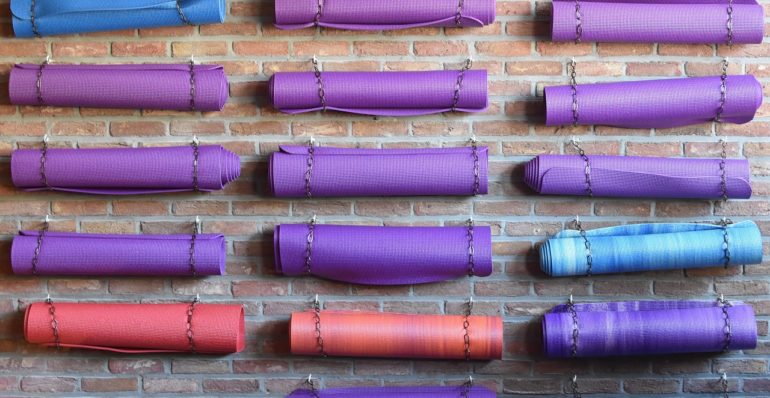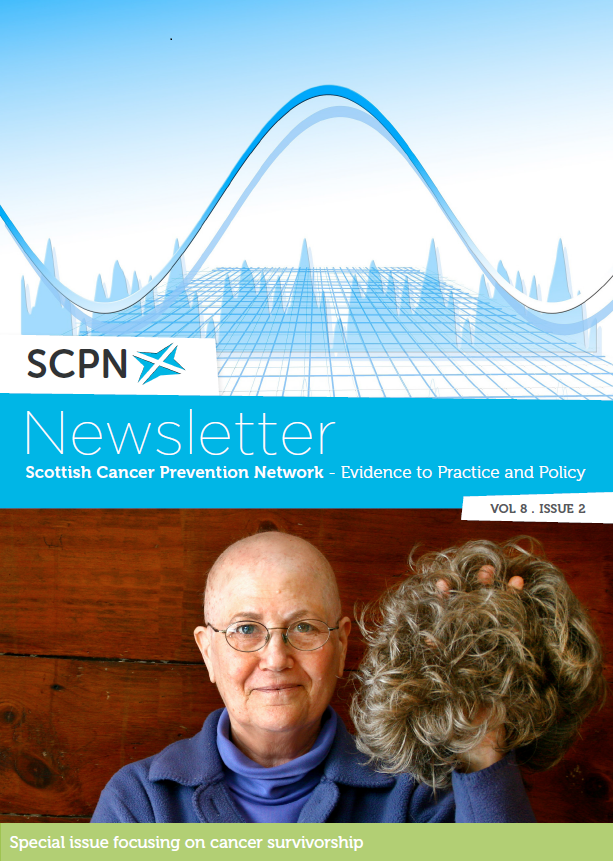
Cancer and lifestyle – research round up

02 May 17 |
Determining cancer survivors’ preferences to inform new models of follow-up care
Murchie P, Norwood P, Pietrucin-Materek M, et al. (2016) British Journal of Cancer; Vol.115, pages 1495-1503
With a growing number of cancer survivors requiring long term follow up, the current practice of hospital based, medical led, one to one appointments is becoming increasingly untenable and is failing to meet patient needs. When thinking of alternatives it is important to take patients’ views into account.
A questionnaire based study (1) was conducted exploring which factors are important to cancer survivors when receiving follow-up. Respondents were asked to select from 32 choice sets giving alternative care providers; contact mode, place, duration, frequency and length of follow up; and preference for counselling and additional services. Survey responses were received from 668 survivors of melanoma, breast, colorectal or prostate cancer.
Responses varied by the type of cancer but overall, survivors preferred continuous, face-to-face consultant-led follow-up. However, respondents appeared willing to consider follow-up by a specialist nurse, trainee specialist doctor or GP provided they received other benefits, primarily greater continuity of care but also longer appointments, dietary advice and one to one counselling.
This suggests the possibility that more cost-effective ways of delivering cancer follow-up would be acceptable to patients.
Cardiovascular disease in cancer survivors
Okwuosa TM, Anzevino S, Rao R. (2017) Postgrad Med J; Vol93, Pages 82–90. doi:10.1136/postgradmedj-2016-134417
Available at: https://www.ncbi.nlm.nih.gov/pubmed/28123076
The leading cause of death in cancer survivors after recurrence or a second primary cancer is cardiovascular disease (CVD) often due to the toxic effects of the chemo and radiotherapies which these patients have undergone. With improved survival rates for many cancers patients are often exposed to these therapies for many years and the implications for their cardiac health are seen well in to the longer term.
This review focused on the effects of specific cancer therapies associated with CVD in cancer survivors, their diagnosis and management, as well as how best to reduce this risk in survivors and promote better future health. In addition to careful screening and early diagnosis of any CVD, preventative lifestyle choices have an important role in mitigating the effects of these lifesaving but toxic therapies. Stopping smoking, eating a healthy diet, taking plenty of exercise, alcohol in moderation and maintaining a healthy body weight are all messages which are important for reducing the risk of cancer recurrence but also CVD.
Yoga for improving health-related quality of life, mental health and cancer-related symptoms in women diagnosed with breast cancer
Cramer H, Lauche R, Klose P, et al. (2017) Cochrane Database Syst Rev. Jan 3;1:CD010802. doi: 10.1002/14651858.CD010802.pub2
Available at: https://www.ncbi.nlm.nih.gov/pubmed/28045199
Surviving breast cancer is often associated with long-term effects on a women’s mental health including anxiety and depression, chronic pain, fatigue and poor quality of life. This review assessed the effects of yoga on quality of life, mental health, pain and fatigue compared to no support or more traditional psychosocial/educational support among breast cancer survivors.
The review comprised 24 papers studying 2166 women who were either undergoing or post treatment for breast cancer. The authors concluded there was reasonable evidence that yoga is a useful intervention for improving quality of life and reducing fatigue and disturbed sleep patterns when compared with no therapy. In addition, when compared with psycho-social / educational interventions yoga is effective for reducing depression, anxiety and fatigue.
This article was originally published in The SCPN Newsletter Volume 8, Issue 2. Read the digital newsletter below using Issuu, or feel free to download the PDF.
View the PDF

The SCPN Newsletter: Volume 8, Issue 2
In this issue we have a section focusing on cancer survivorship as well as our regular features - examples of good practice, public health initiatives, recipes and interesting studies which contribute to the body of evidence on cancer prevention.